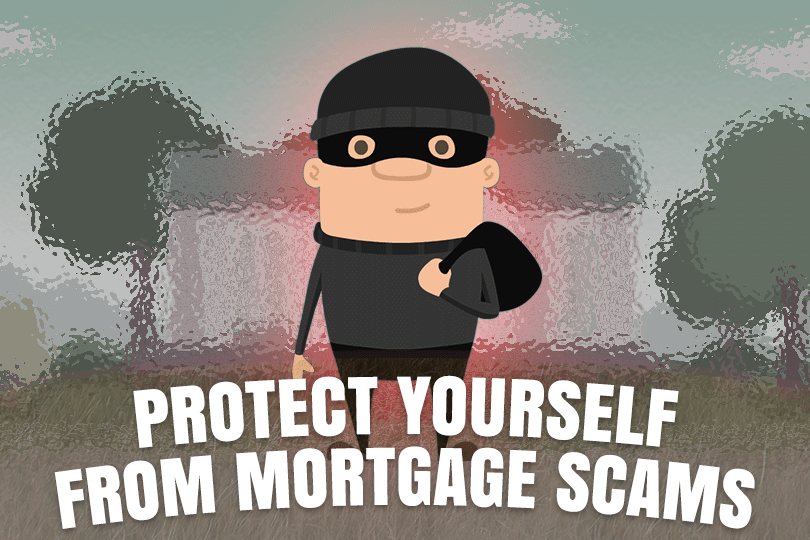Elevated Risks for FHA Mortgage Borrowers?

According to HousingWire.com, these problems seem to arise due to a “lack of appropriate controls” related to closing procedures. What does this mean for the FHA loan applicant or the house seller?
In some cases, these problems are transparent to the borrower or seller, but for one specific aspect of the mortgage process, customers may be at an elevated risk.
Wire Fraud Scams And Your Mortgage
We’ve warned about mortgage scams related to wire fraud in the past, but some borrowers come to the home loan process unaware of how hackers, scammers, and identity thieves try to part house hunters from their closing cost money ahead of closing day.
The Funding Shield report notes that closing cost-related wire fraud vulnerabilities were found in nearly 10% of transactions covered in the study.
There is an elevated risk “for bad actors to successfully gain knowledge of mortgage and real estate closings” and use that information to con home buyers out of their closing money by sending them fake instructions purportedly from the lender to change the previously agreed-to procedure for making that closing day payment.
What To Do To Protect Yourself From Mortgage Fraud
To protect yourself from scams, the first thing to do is talk directly to your loan officer about all aspects of the mortgage, including the closing cost procedure.
Ask the lender for specific instructions on how to pay your closing costs.
That’s Step One. The next step in the process? Do not deviate from that arrangement even if you get an email, text, or phone call telling you to do otherwise. If you receive such a communication, do not reply to it.
Instead, call your loan officer through the bank’s central number. This will take more time than you might like, but it is the safest way to protect your investment. Once you reach your loan officer, explain what happened and ask directly what to do.
Do not Click, Call, or Reply
Did you receive a communication asking you to deviate from the previously agreed-upon process?
The email address, link, phone number, or other details provided in the message cannot be trusted in any way. Do not use any of the information provided to you by the message to verify it. Instead, contact your lender directly using the main number of the bank, as mentioned above.
Those who fail to do this typically wind up getting scammed because they have been tricked into using the contact information in the communication, which has been compromised by the scammers.
------------------------------
RELATED VIDEOS:
Disclosures Give Transparency to Borrowers
Understanding the Purpose of Your Mortgage Down Payment
Putting Money Into Your Escrow Account

Do you know what's on your credit report?
Learn what your score means.







